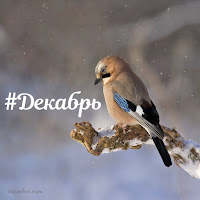15 марта_группа6_урок11
Вот ваше задание на индивидуальный час и на среду шестнадцатое марта:
Speaking
Individual hour
- ex. 44 p.38 prepare questions to interview a native speaker on the economy in his\her country
review or complete
- review vocabulary for stories on pp. 4-5 by re-reading and through Cram Flashcards
- preview the vocabulary for stories on pp. 6-7:
- ex. 43 p.37 send for corrections before reading in class
- exe. 16-17 p.12
- review vocabulary for stories on pp. 6-7 by re-reading and through Cram Flashcards
Прощай, немытая Россия,
Страна рабов, страна господ,
И вы, мундиры голубые,
И ты, им преданный народ.
Быть может, за стеной Кавказа
Сокроюсь от твоих пашей,
От их всевидящего глаза,
От их всеслышащих ушей.
1841 г.
The poem is written in the genre of political invective and aimed at people in "blue uniforms" and "people, devoted to them". "Blue uniforms" is metonymy used to refer to the Russian Special Corps of Gendarmes - was the uniformed security police of the Imperial Russian Army in the Russian Empire during the 19th and early 20th centuries. Its main responsibilities were law enforcement and state security.
The text in the third publication is probably the most original version of the poem. The text in the first and second publications is identical, but is different in comparison with the third publication. Instead of "стѣной (стеной) 'wall'" it says "хребтомъ" (хребтом) 'ridge'" and instead of "пашей, 'pashas'" it says "вождей, , 'overlords'. The poem criticizes the lack of freedom in Russia and calls the tsarist servants pashas, pointing to the Turkish, despotic nature of life in Russia.
History
The poem was written in April 1841, when Lermontov was exiled to the Caucasus from St. Petersburg.
In the 20th century, the poem received a rise in popularity. In 2017, the poem was quoted by the then President of Ukraine, Petro Poroshenko.




Comments
Post a Comment